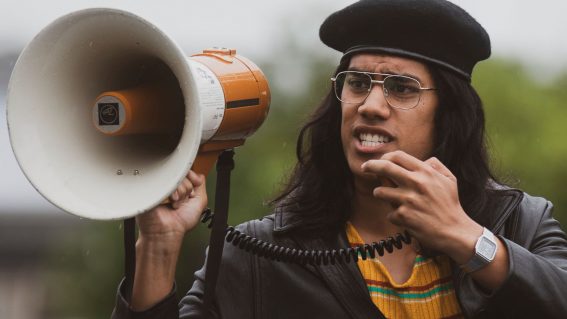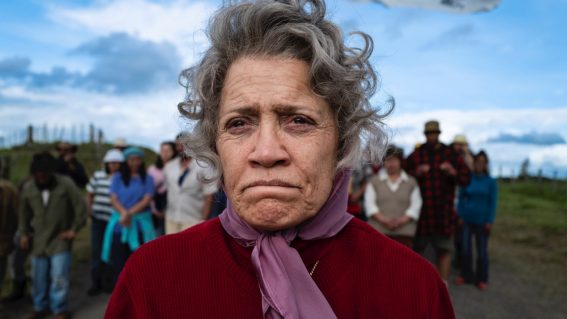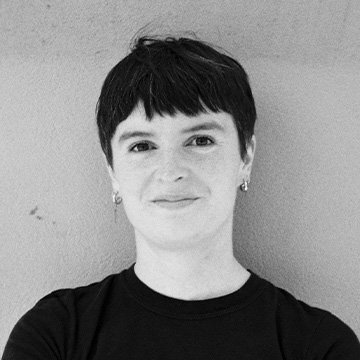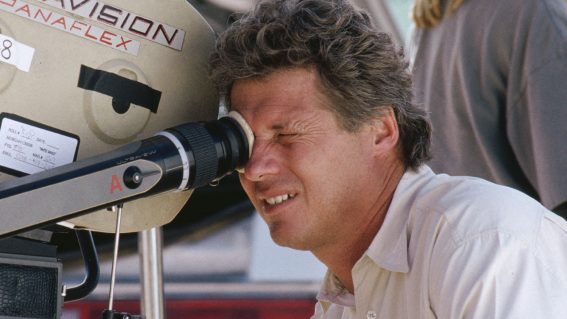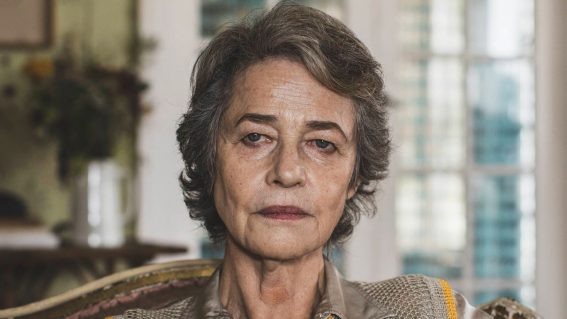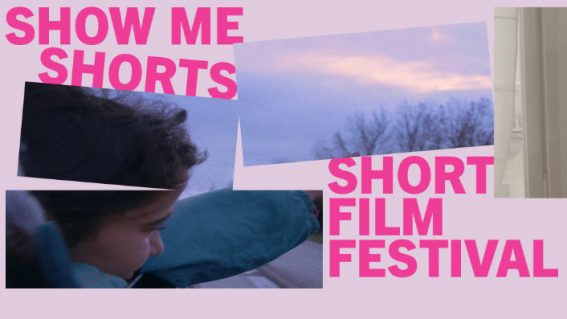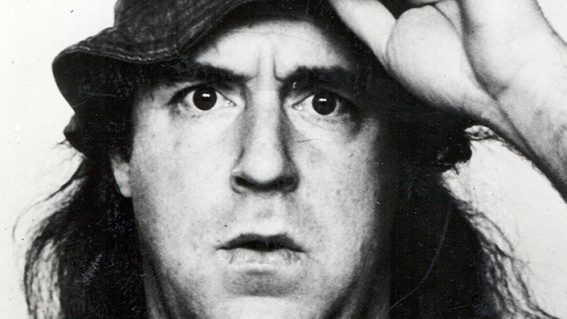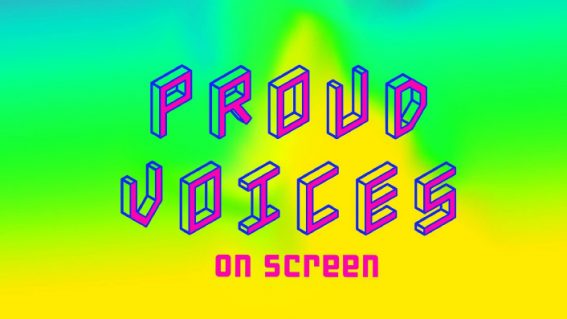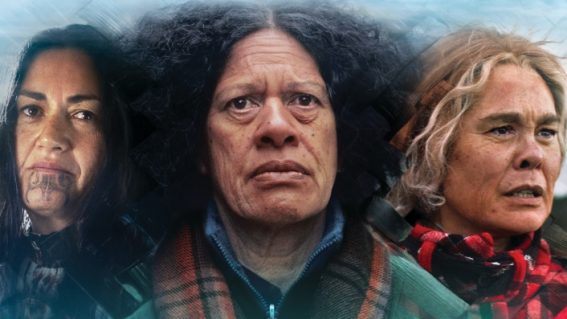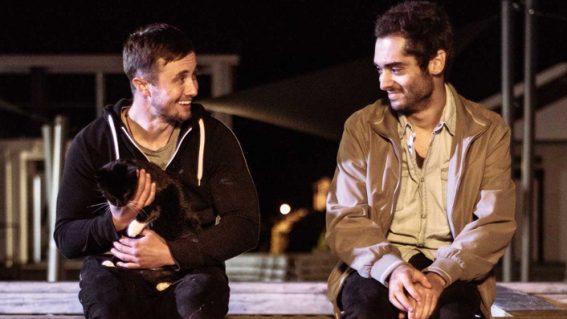Further thoughts submitted about The Power of Inclusion
Read additional comments sent to us about the recent summit.
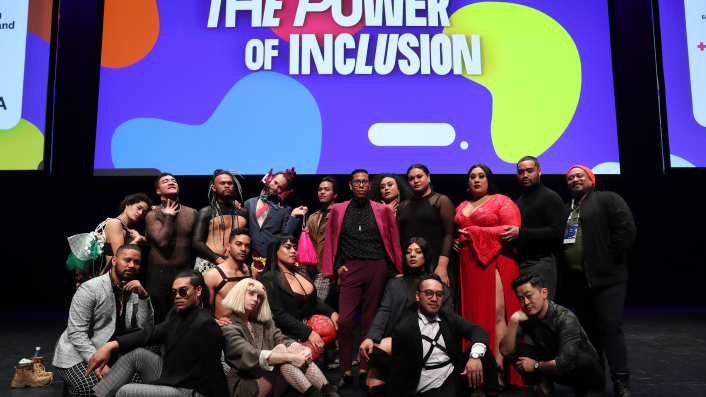
On October 3 and 4, 60+ international and local voices shared their thoughts and experiences on representation and inclusion in the industry at the Power of Inclusion summit (watch video from the event here, including Heperi Mita and Yara Shahidi’s keynotes, and speeches by Magda Szubanski and Heather Rae).
Amanda Jane Robinson covered the event for Flicks, in an article that drew a response from organisers the NZ Film Commission, challenging some of its assertions. The original article was updated to include comments from the NZFC. Screen industry icon John Barnett contacted Flicks with remarks about the NZFC response that can be read here.
Several other people got in touch with Flicks after we encouraged readers to submit their thoughts for publication. Some of these comments can be read below. If you’d still like to have your say about the event, you can do so by emailing editor Steve Newall, and we’ll add to this story as appropriate.
Wellington-based filmmaker Chaz Harris contacted Flicks with thoughts about The Power of Inclusion. Excerpts from Harris follow (you can read the full post on Facebook).
It’s never a good thing when power goes unchecked, and I believe in speaking truth to power in the way Amanda Jane Robinson did in her excellent write-up, and others have on social media. The NZFC CEO herself even championed it in her keynote at the event: “Speaking truth to power has had such huge risks and consequences for those not enjoying privilege — many have walked on eggshells for centuries, I consider conservative correctness to be the most corrosive force against freedom, creativity and equity. If so called political correctness creates a space to question words, then let it flourish.”
As a member of the rainbow community, I didn’t take kindly to the work I do in the inclusion space being hijacked as a sales tool by an institution of power. The promotional emails also dripped with privilege and made me queasy with subject lines like: “Have you secured your seat in the room?”
No I haven’t – because it was too expensive, arranged for weekdays, and held up in Auckland.
With the ticket price included, plus travel and lost income, it would have meant an investment of over $2k to attend. Those emails felt like taunting reminders when industry heroes of mine like Steven Canals of Pose were announced. Many others I’ve spoken to felt the same. Ticket prices aside, scheduling the event on weekdays in an industry of mostly contractors was prohibitive on its own and sent a very clear message. It doesn’t take a genius to conclude that even if it was a free event, the lost income would make it impossible to afford for many people from the communities being represented by the speakers on stage. The Big Screen Symposium was always held on a weekend – this event was exclusive by design.
Read Chaz Harris’s post in full
An industry practitioner, who requested to remain anonymous, offered a positive perspective on the summit.
I had a different experience of the summit to your writer (not saying she is wrong! Just came away with different feedback) … I don’t at all disagree that it was expensive, particularly for those still coming up in the industry and not earning a lot. But I think there was lots of relevant korero for lots of different levels of our industry- issues of inclusion and diversity shouldn’t just be addressed to those that are wanting a seat at the table, it needs to be heard by those already at the table too.
As someone who has been in the industry for 15 years and in exec roles now, as a Māori woman, I thought it was great. Inspiring and challenging. Good networking. Terrible food. I paid my own way, got one job to cover a day’s leave and worked hours at night to make up for the hours missed at my other job, and made use of the creche.
I too found many/most of the white women with their lean in perspectives lacking… (not all tho. Hope Dickson Leach on being carers while working in his industry was eye-opening) but I mitigated that by selecting carefully the sessions I wanted to see, and I found many of them incredibly engaging, interesting and thought-provoking, among these Steven Canals, Yara Shahibi, Tilane from Array, the session on story sovereignty, the ‘being the change’ panel.
In comments first published on Facebook, Anita Rossbach gave a detailed account of efforts to engage with NZFC and WIFT about the summit, including meeting with organisers in advance of the event. Rossbach drew the following conclusions.
Generally speaking if probably not surprisingly, there seemed to be a complete lack of understanding that it was the people in need of change who should be allowed to lead that change, and that the very first requirement was to Be. In. The. Room.
One thing that really annoyed me personally during the entire meeting was the repeated insistence that the NZFC/WIFT representatives felt that it would indeed be a shame if “we” missed out on tickets. We had to keep reminding them that we were not there to claim a ticket.
If it is not yet clear to you just how important it is for marginalised voices to be in the room in a meaningful way at any and all industry events and indeed be integral to those bodies planning the events, read other accounts of how the POI summit was designed and delivered, like the one by Amanda Jane Robinson. Find Julie Zhu’s and Heperi Mita’s speeches [You can watch Mita’s speech and other video from the event here – Ed.] . Talk to your industry friends who would have loved to go to the event but couldn’t and listen to the “whys”.
I walked out of the meeting with the NZFC with the overwhelming, gut wrenching feeling that the POI Summit was never meant for “us”, for those voices who it purported to include and care about. Indeed, the whole event was exclusive by design. There, I said it again.
The idea of “inclusion” for the POI Summit was almost entirely used as branding in order to achieve economic outcomes but has no real meaning for making the NZ film sector in any way more inclusive.
The fact that the NZFC does not understand the difference between unwaged filmmakers being “part of [the inclusion] conversation” through free tickets offered as an afterthought and marginalised voices being a central and continuous presence in the inclusion debate, is truly disheartening.
From the NZFC’s disgraceful shut down of Amanda’s and others’ lived industry experiences, it becomes crystal clear that the NZFC as a whole has failed to learn the most important lessons an event such as the Power of Inclusion Summit should have taught them.
Prop the doors open, heck rip them off the hinges. Listen first, think second, speak last.
Read Anita Rossbach’s post in full
The Pantograph Punch published Julie Zhu’s speech (mentioned by Rossbach above) in full, which you can read here. In a written introduction to the speech itself, which we came across last week, Zhu made the following observations.
Many of my peers felt frustrated at what potential paths there could be for our communities who sit at the intersections, while the basis of gender equality still dominated the discourse. One moderator gave the example of no less than 17 women of colour who had gone up to her after the first day of the conference expressing that often they aligned themselves more with men of colour than with white women, so narratives focused on a singular struggle facing all women felt false and disingenuous. Other examples included the pervasive use of the phrase ‘ladies and gentlemen’ – a phrase that perpetuates a binary view of gender – to address the audience; notably used immediately after a phenomenal performance by FAFSWAG, and the Houses of COVEN, AITU, IMAN and ORDER as a throw-down of the Auckland vogue scene. Examples like this illustrated how the summit was open in some ways and yet tone deaf in others.





